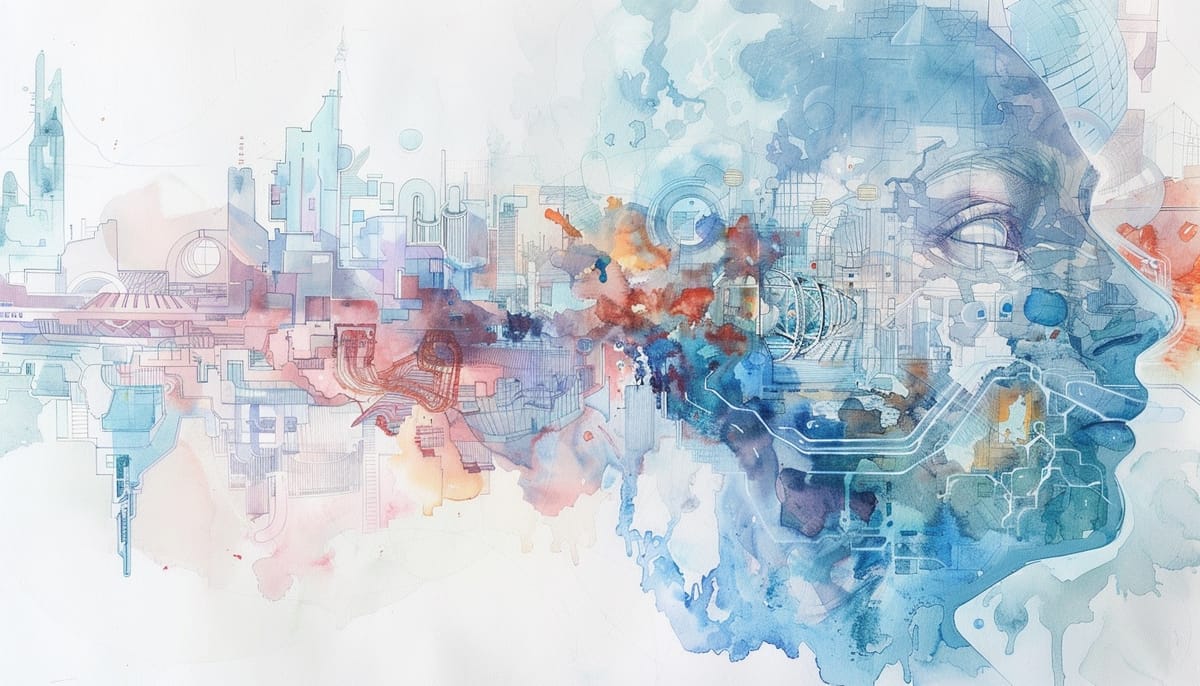Flourishing as a Thinking Human in a Technology-Driven World

In some ways, intellectuals are well-equipped to flourish in a technology-driven world. Bombarded by information on the screens we stare at all day, we tend to be skeptical of statements and sources that strain credulity and to delve further into that which intrigues or bothers us.
On the other hand, we are apt to become a bit too comfortable with how living mostly online can make us feel more like a brain in a jar than a fully-alive human. With technology continually decreasing how much we must interact with others and the outside world, we need to make sure it doesn’t narrow us to having only a life of the mind (regardless of how appealing that can sometimes sound to an imperfect intellectual).
Ironically, part of having a satisfying life of the mind is making sure to have a physical life as well. The best life of the mind is lived only partially in the mind. The more hours we must spend alone looking at a screen, the more precious our limited time for things like going for walks, making meals with others, and having in-real-life conversations becomes.
Meanwhile, recently we’ve been hearing a lot about the potential hazards of AI. Will it dumb us down? Kill our creativity? Replace us as thinkers? While there are real risks about AI used by bad actors or for nefarious purposes, used strategically, AI can be an unprecedented boon for thinkers.
Rather than a replacement for our own thinking or creativity, we can interact with it as an intellectual sparring partner, tutor, or collaborator. With the right prompts, AI tools can guide us where to go deeper with our writing, suggest ideas we haven’t considered that deepen our own work, facilitate the creation of art, music, design, and more that is birthed in our own mind and then midwived by AI.
If you ever wonder what a particular thinker from history or in your field might say about something you’re working on, AI tools can give you the closest approximation to finding out. There are even tools in the works that will allow you to create an online brain based on you, which could then suggest further areas for you to explore as a learner, reader, or creator. This is a truly unprecedented time for expanding our thinking in ways never before available. We just need to know how to use technology to help us think more deeply and expansively and when to get away from it for a while.
Note: Special thanks to Charlene Putney, co-founder of LAIKA, for her thoughts on this topic.



